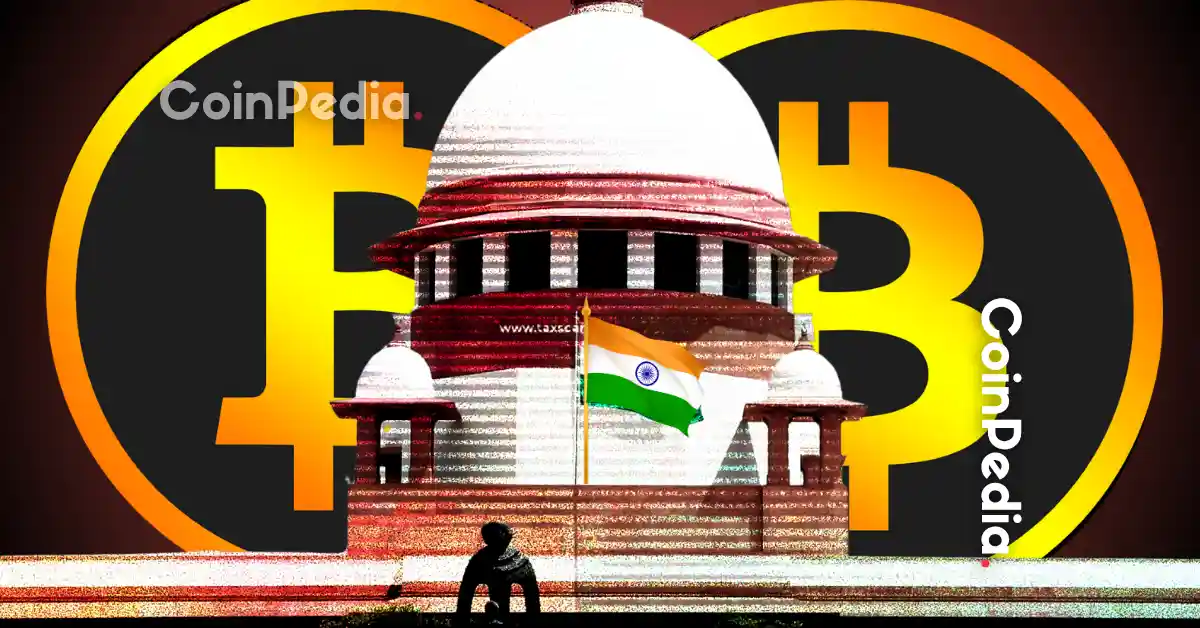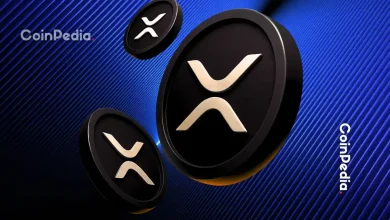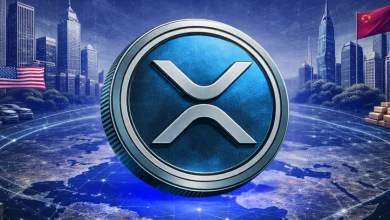
India’s crypto industry may get a boost with the new COINS Act — a model law proposed by Hashed Emergent and Black Dot. It champions user rights like self-custody, financial privacy, and offers a simplified licensing system for crypto players, while suggesting a dedicated crypto regulator.
India’s crypto ecosystem just got a major boost. Web3 firm Hashed Emergent and policy group Black Dot have introduced the COINS Act, a first-of-its-kind model law designed to promote clarity, innovation, and user rights. This is a big step toward establishing a progressive and consistent approach to Web3 policy in the country.
COINS Act Pushes For Crypto Rights
The draft law prioritizes user rights and innovation, while providing regulators with a clear path to follow. Although it is non-binding, the Act offers a clear framework for digital rights like self-custody, protocol access, and financial privacy. It also addressed key issues like high taxes, unclear regulations, and the need for a crypto regulator.
Here’s what the COINS Act proposes:
- Digital Rights at the Core: The Act firmly protects key crypto-native rights like self-custody, privacy, and the freedom to deploy or interact with code as fundamental freedoms.
- A Crypto-Native Regulator: It suggests a dedicated crypto regulator with limited powers, focused on handling services based in India and not interfering with global decentralized protocols. The COINS Act proposes setting up a dedicated crypto regulator just for India, called CARA.
This new body would focus only on crypto services aimed at Indian users, leaving out traditional regulators like RBI or SEBI. It’s designed to avoid overreach and keep things clear and focused. - Clear Rules for Control & Custody: Centralized platforms would need full licenses, while non-custodial protocols face a light disclosure regime, and fully decentralized protocols face no compliance.
- Safe Harbours to Boost Local Projects: The Act offers a time-limited safe zone for initial coin offerings (ICOs) in India, giving local crypto projects room to grow without heavy restrictions. Token launches have a two-year window with simpler rules. It also proposes a two-year pause on FEMA regulations to cut through red tape while more crypto-friendly policies are developed.
Additionally, developers are protected from being held responsible for how end users use their protocols. - Strategic Crypto Reserve: The Act also proposes a national reserve of Bitcoin and crypto assets to strengthen India’s long-term digital sovereignty.
Coins Act To Protect Crypto Rights And Simplify Rules
Currently, users face high taxes and unclear KYC/AML rules, but don’t have basic legal rights like self-custody or privacy. The Act takes a new approach by treating these rights as constitutional protections and giving users a strong legal foundation. The framework also tailors these rights based on users’ control and custody of assets.
Hashed Emergent shared in its report that the Indian government is set to release a long-awaited discussion paper on crypto regulation, a much-needed move after years of slow progress since the 2020 “ban.” It hopes that when the government’s paper drops, the COINS Act will be a pro-innovation blueprint the industry can get behind.
India’s Crypto Confusion Is Turning Costly
Subhash Chandra Garg, the former Finance Secretary, recently pointed out that India’s slow pace on crypto regulation is “costing us dearly”. He notes that while countries like the US are moving ahead with clear rules, India is stuck in confusion and silence. The WazirX and CoinDCX hacks are proof of what happens when there’s no strong legal or security framework.
FAQ
The COINS Act is a proposed model law by Hashed Emergent and Black Dot aiming to promote crypto innovation, protect user rights, and create a clear regulatory framework for India’s Web3 ecosystem.
No, but it addresses the high crypto tax burden and proposes reforms, including safe harbors for token launches and a two-year relief from FEMA rules.
CARA is the proposed dedicated crypto regulator under the COINS Act, meant to regulate Indian crypto services while not interfering with decentralized global protocols.
No, it is a model law or a policy proposal. However, it may influence upcoming government regulations if adopted.
Trust with CoinPedia:
CoinPedia has been delivering accurate and timely cryptocurrency and blockchain updates since 2017. All content is created by our expert panel of analysts and journalists, following strict Editorial Guidelines based on E-E-A-T (Experience, Expertise, Authoritativeness, Trustworthiness). Every article is fact-checked against reputable sources to ensure accuracy, transparency, and reliability. Our review policy guarantees unbiased evaluations when recommending exchanges, platforms, or tools. We strive to provide timely updates about everything crypto & blockchain, right from startups to industry majors.
Investment Disclaimer:
All opinions and insights shared represent the author's own views on current market conditions. Please do your own research before making investment decisions. Neither the writer nor the publication assumes responsibility for your financial choices.
Sponsored and Advertisements:
Sponsored content and affiliate links may appear on our site. Advertisements are marked clearly, and our editorial content remains entirely independent from our ad partners.








